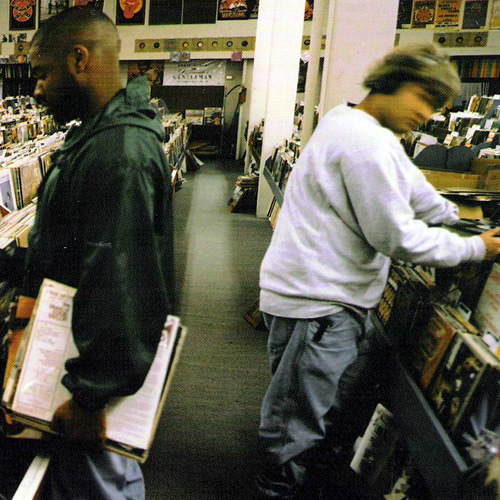-
A Canvas Test
Oct 7, 2015Warning: This page may crash your browser
-
A Ghost on the Net
Sep 28, 2015Recently, I stumbled upon a defunct website about lost Disney World attractions. It’s obvious from the moment you get to the homepage that this site has been dead for years. If you open the dev tools, you’ll see inline
<style>and<script>tags, a<center>tag, and all the other hallmarks of the internet age of old.Stumbling upon these websites is always an amusing experience. For me, there’s a certain nostalgic charm to them. They remind me of my first days on the internet, when I was still in elementary school. They’re relics from the days when getting content on the internet involved writing your own HTML and putting it on a server instead of making a Tumblr account and editing your text in their built-in, WYSIWYG editor. Of course, the new model is better in many ways, but the new model makes it harder to do
Then again, that’s probably a good thing.
This particular website, however, is different. I don’t get a touch of joyful nostalgia. Instead, I get… a little creeped out.
You see, this isn’t just “Bob’s Blog (Now with 100% more animated skeleton gifs!)”. This is a website about dead things, abandoned things. In some ways it could be about itself.
Two posts specifically caught my eye:
The first post that’s visible is the Webmaster’s petition to save Horizons, a ride in Epcot. The Wikipedia Article for the ride starts off with the words “Horizons was”, so his petition was apparently a failure. To the website, however, Horizons still exists. It’s frozen in time.
On February 2nd, 1998, the site’s author wrote the second post, titled Disney Ramblings. In it, he outlines what he thinks the future of Disney parks will be. Surprisingly, he seems to mostly get it right. Disney had no reason to be scared of Premier Parks, a rival theme park corporation, even after they bought Six Flags. Nobody takes a trip to California to go to Magic Mountain—they take a trip to go to Disney Land, and then make a stop at Magic Mountain. Even in 1998 that was apparently obvious. Today, Disney parks still absolutely dominate their competition. But it’s not the accurate predictions that give me the creeps. It’s the last two sentences of the post:
I’ll have to think about this further. I will continue my ramblings later.
But he never did.
The Webmaster may be dead at this point. The website certainly is. And yet I can still access it. The corpse is on display, immaculately preserved in just the way it used to be.
Around it, the age in which it existed decays. Throughout the website, there’s links to dead pages. Banners that no longer display. Ad servers that no longer work. Every 404 is a tiny piece of information lost, the arrow of time moving forward. The internet has slowed the decay of history, both public and private. Wikipedia’s continued existence ensures that any trend of note will exist somewhere in our collective memory, and websites like Facebook ensure that your wedding photos will long outlive you. For a few brief moments, however, the internet let us see the decay of personal history without preventing it. The network this website once existed in is slowly wasting away. Soon, Tripod will probably stop hosting it, and it will be gone forever, just like the thoughts of billions of humans before it.
For now, though, it exists. A window to the past revealing another window to the past, a memory dedicated to memories.
-
Endtroducing...
Sep 16, 2015Most blogs start with an introductory post, something to describe the author and what the blog will be about. I initially sat down to write just such a post. I planned on describing how I was a programmer, the languages and frameworks I used, the projects I was working on, and how this blog would probably be about a wide variety of topics.
Come to think of it, however, the golden rule of writing is “show, don’t tell.” So it may be more effective for me to simply write on a topic I greatly enjoy. With that in mind, let us discuss one of my favorite albums:
